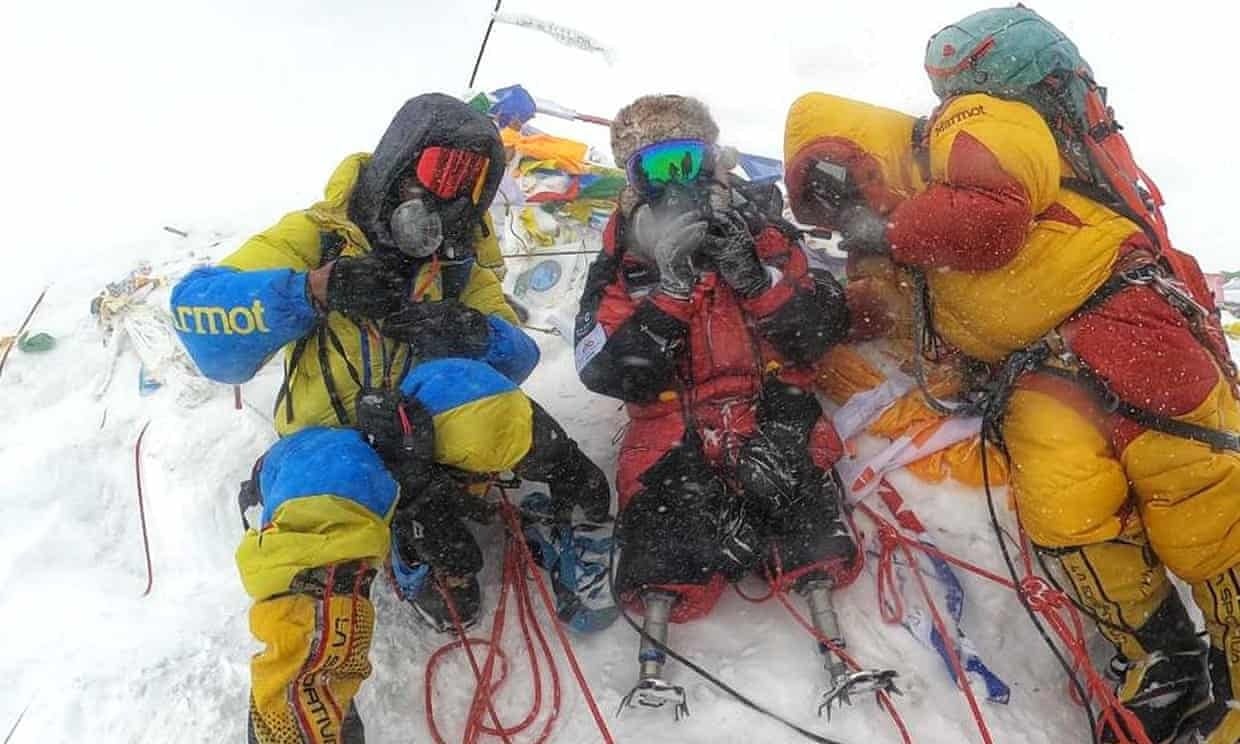
Mr. Magar (center) and the climbing team on Mount Everest
THE GUARDIAN SCREENSHOT
The Guardian reported on May 22 that a former Gurkha soldier who lost both legs in Afghanistan has just achieved a feat by climbing to the top of Mount Everest.
Hari Budha Magar (44 years old), living in Canterbury city, England, just conquered the highest mountain in the world at 3:00 p.m. on May 19, after starting to climb on April 17 - exactly 13 years since he lost both legs in an explosion.
While waiting 18 days at the base camp for favorable weather, he and his team endured freezing conditions and saw the bodies of two victims being pulled down.
"All my coats were completely frozen. Even our warm water in the thermos was frozen and undrinkable," he told PA news agency from the camp.
However, due to bad weather conditions, he was only able to stay on the 8,849 m summit for a few minutes. Throughout the challenge, he was supported by a Nepalese climbing team, led by Krish Thapa, also a former Gurkha soldier.
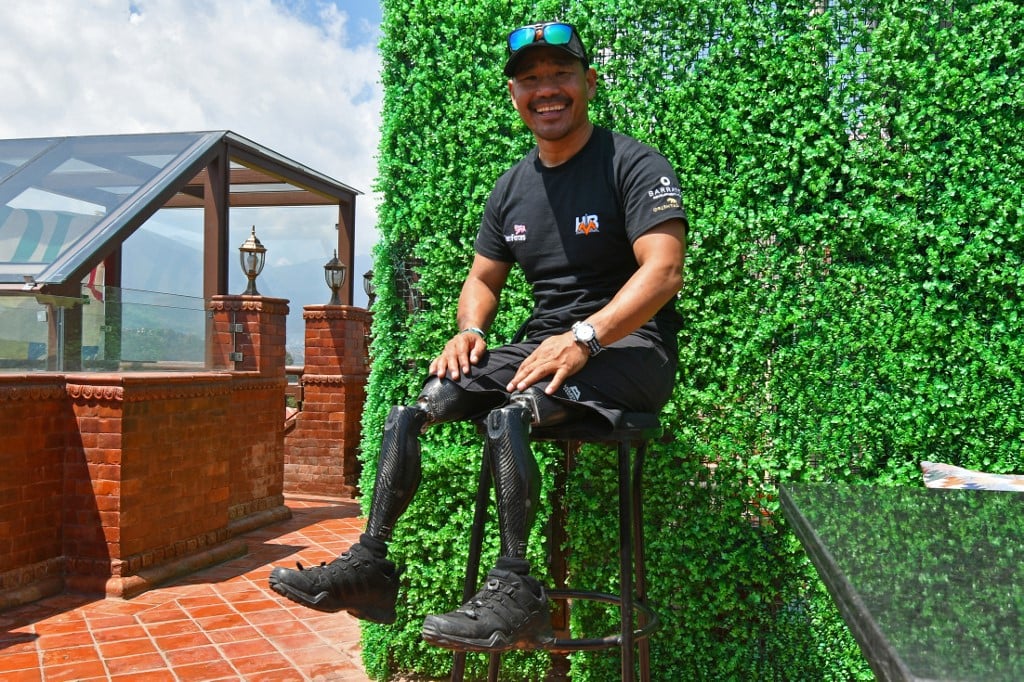
Mr. Magar in Kathmandu in April
Mr. Budha Magar became the first person with both legs amputated above the knee to conquer the world's highest mountain.
He once felt his life was "completely over" when he lost both legs in Afghanistan and fell into depression and alcoholism, but still had the intention of conquering Mount Everest.
Double amputees and the visually impaired were banned from climbing the mountain to reduce the death rate. He campaigned to have the ban lifted.
Born in Nepal, he left his homeland to serve in the British Army's Gurkha Force, before being wounded.
After coming down from the mountain, he hopes to return to his family and Afghanistan where he lost his leg to "give thanks". "If I hadn't lost my leg, I wouldn't have climbed Everest. Everything that happened was for a good cause", he said.
The Story of the Gurkha Warriors
Gurkhas are the "super special forces" of the Gurkha tribe in Nepal, famous for being the best fighters in the world. Besides serving in the Nepalese army, Gurkha warriors are now recruited by the British army, the Indian army, the Singapore police and the Bruneian guard force, although they still hold Nepalese nationality.
They belong to the Rajput Khasi people of northern India who migrated to Nepal in the 16th century. According to legend, their ancestor Prince Bappa Rawal protected the sage Gorkhanath while he was meditating. God then gave the prince the title Gurkha (meaning disciple of Gorkhanath) and declared that Bappa Rawal and his descendants would be renowned for their bravery.
Regardless of which force they join, Gurkhas are renowned for their fighting prowess. In 2016, a British Gurkha single-handedly fought off 30 Taliban in Afghanistan. Armed with a khukri knife, he killed three and wounded several others before his comrades came to his rescue.
Commenting on Gurkha warriors, an Indian Army Chief of Staff once said: "If a man says he is not afraid of death, either he is lying or he is a Gurkha mercenary". The famous saying is also the operating principle throughout the Gurkha army: "It is better to die than to be a coward".
Source link


![[Photo] Party and State leaders attend the special art program "You are Ho Chi Minh"](https://vphoto.vietnam.vn/thumb/1200x675/vietnam/resource/IMAGE/2025/5/18/6895913f94fd4c51aa4564ab14c3f250)

![[Photo] Many young people patiently lined up under the hot sun to receive a special supplement from Nhan Dan Newspaper.](https://vphoto.vietnam.vn/thumb/1200x675/vietnam/resource/IMAGE/2025/5/18/6f19d322f9364f0ebb6fbfe9377842d3)

![[Photo] Ready for the top competitions of Vietnamese table tennis](https://vphoto.vietnam.vn/thumb/1200x675/vietnam/resource/IMAGE/2025/5/18/9c547c497c5a4ade8f98c8e7d44f5a41)

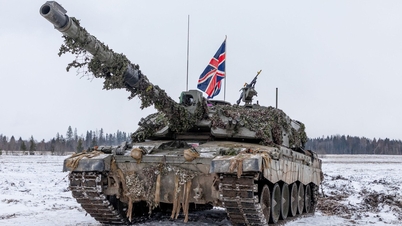


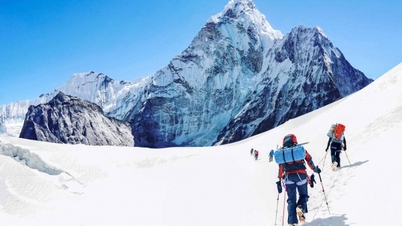

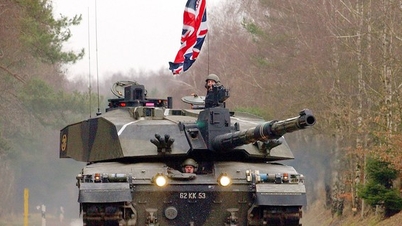





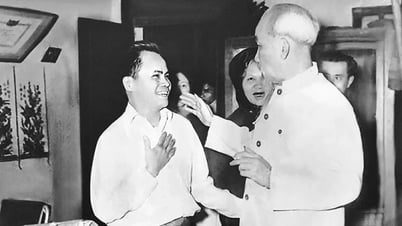
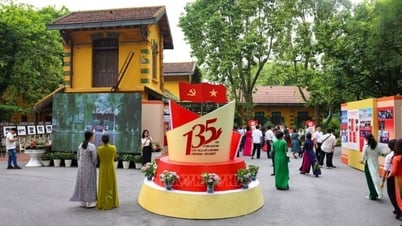










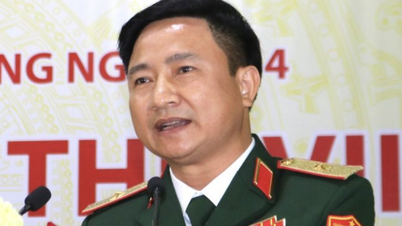













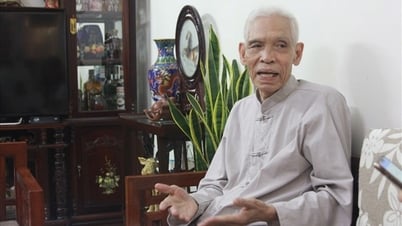
















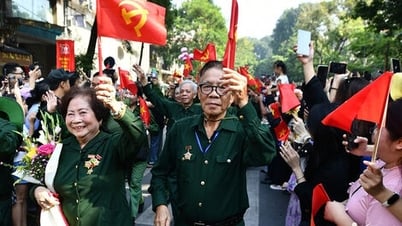















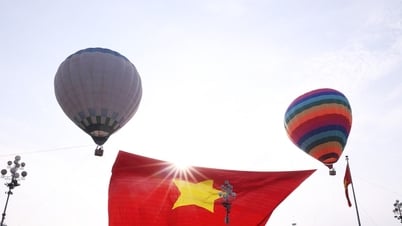





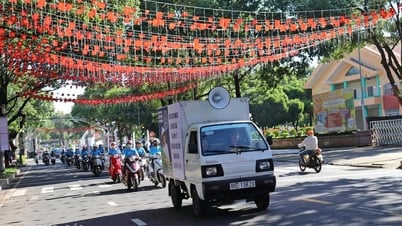

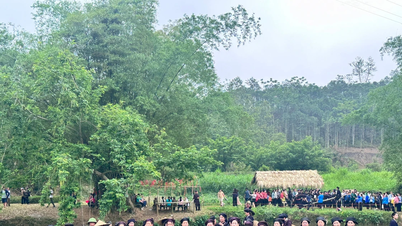












Comment (0)